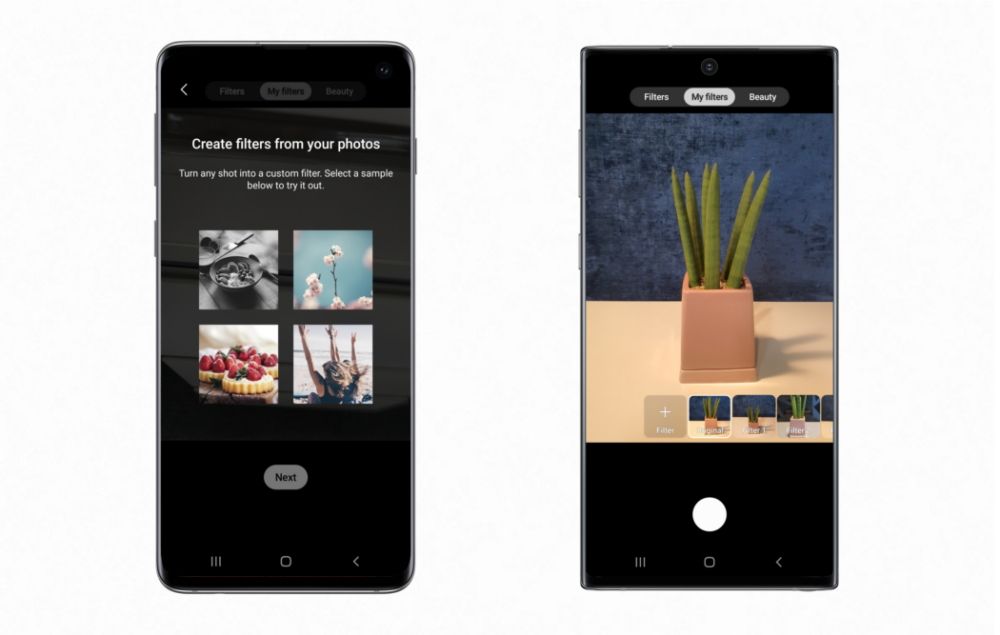OnePlus recently announced that the company will be launching its next flagship lineup — the OnePlus 8 series — later this month on April 14th. While we’ve previously seen several leaks and rumors about the OnePlus 8 series, the company is now slowly divulging more information about the devices in the days leading up to the launch. The company’s CEO, Pete Lau, recently confirmed that the OnePlus 8 series will feature a high refresh rate 120Hz display, Qualcomm’s flagship Snapdragon 865 SoC, LPDDR5 RAM, and UFS 3.0 storage. Now, in a string of posts on Chinese social media platform Weibo, Lau has released even more information about the display technology used in the OnePlus 8 series.
Up until now, we’ve already learned that the displays on the OnePlus 8 and OnePlus 8 Pro will feature a 2K resolution with a pixel density of 513ppi, peak brightness of 1300 nits, and 4096 levels of brightness adjustments. The company has also revealed that the panel will feature HDR support, and there will also be an ambient color temperature sensor to adjust the white balance under different lighting environments. In addition, Lau has now elaborated further on the MEMC technology on the OnePlus 8 series and has revealed that it will work with apps like YouTube, Netflix, Amazon Prime Video, Hotstar, VLC, MX Player, and more.

MEMC (Motion Estimation, Motion Compensation), which OnePlus first talked about earlier this year in January, is a frame insertion technique to convert low frame rate videos to a higher frame rate. On the OnePlus 8 series, this is hardware accelerated through an independent chip. As a result, the OnePlus 8 series will be able to convert 24/30fps videos playing in supported apps to 60/120fps for significantly smoother playback. A sample video of the MEMC tech in action shows exactly what you can expect while playing videos on the OnePlus 8 series. What’s most interesting is that the feature will work with offline video players like VLC and also with videos played using the OnePlus Gallery app. However, we currently aren’t sure if the feature will be available both on the regular OnePlus 8 and the OnePlus 8 Pro.

Additionally, OnePlus has now also revealed that the displays on the OnePlus 8 series have earned DisplayMate’s highest ever A+ display performance rating. As per DisplayMate’s analysis, the OnePlus 8 series display set or matched more than 10 smartphone display performance records in virtually all key categories for the best display on the market, including color accuracy, image contrast, display brightness, and screen reflection, with 4 categories marked “Visually Indistinguishable” from Perfect.
The post OnePlus 8 series MEMC tech will work with YouTube, Netflix, VLC, and more appeared first on xda-developers.
from xda-developers https://ift.tt/2wZQIyq
via
IFTTT










